The holidays are upon us, so whether you looking for film-related gift ideas or simply want to pick up some of the finest the year had to offer in the category for yourself, we have a gift guide for you. Including must-have books on filmmaking, the best from The Criterion Collection, Kino Lorber, and more home video picks, subscriptions, magazines, music, and more, dive in below.
Blu-ray Box Sets
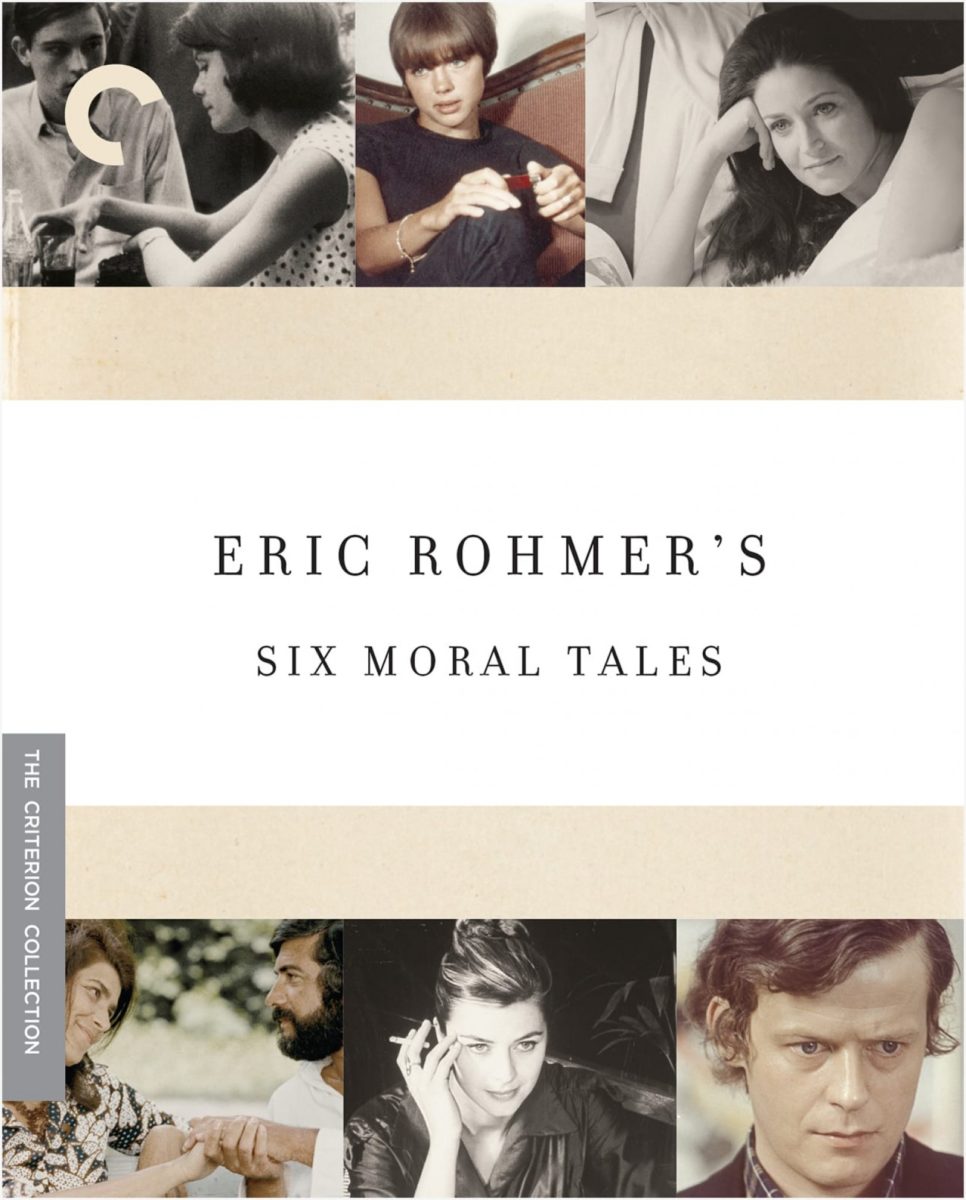
There’s no better way to kick off a gift guide than the most prized possession/obsession of any cinephile: a gorgeous Blu-ray box set to dive into. The Criterion Collection leads the charge once again this year with a number of highlights, my favorite of which is Éric Rohmer’s Six Moral Tales collection, featuring astounding works by the French New Wave master that make a great pairing with another one of his cohorts: Agnès Varda.
“What Agnès Varda seemed to understand better than most is there is so much more that connects us than separates us,” Emmy Potter said in her feature about the mammoth, career-spanning box set. “She knew she could have been any of her film’s subjects, and in many ways, she was all of them—lending her voice and lens to those who go through life unseen and unheard. “
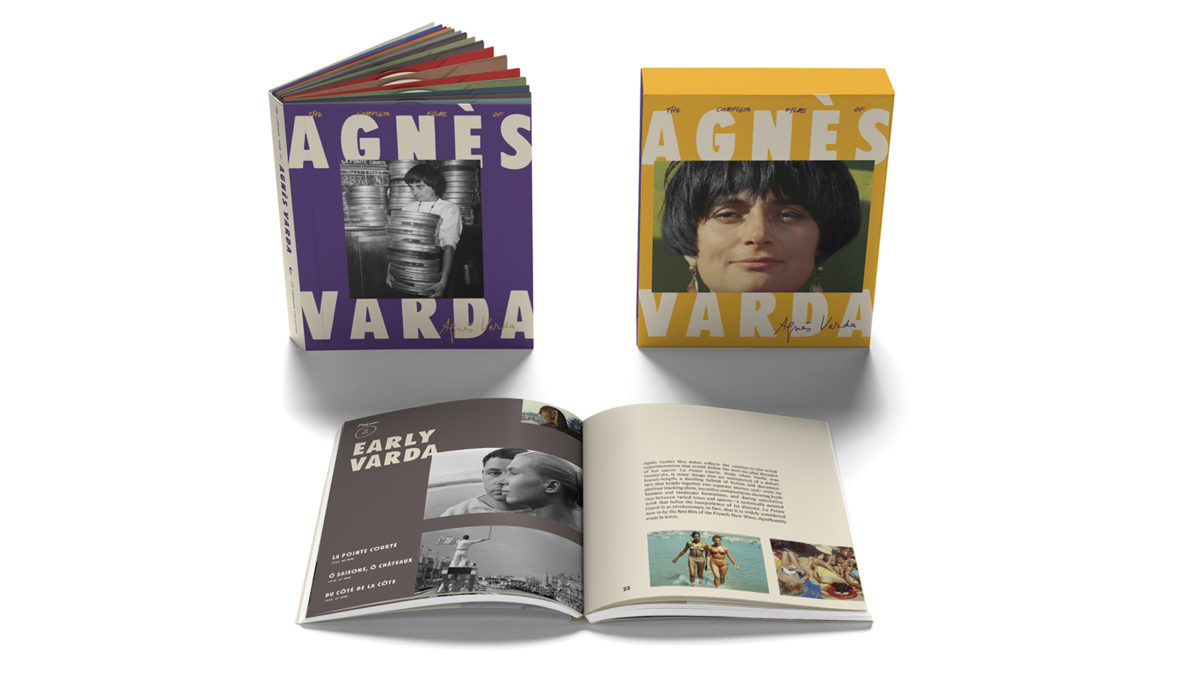
Bruce Lee also received a well-deserved box set honoring his short-lived career, while Federico Fellini closed out the year with a set of his most beloved films. Martin Scorsese continued his relationship with Criterion, delivering another stellar World Cinema Project release, with underseen films hailing from Brazil, Cuba, Indonesia, Iran, Mauritania, and Mexico, as well as a collection of his own early, essential short films.
While not a collection per se, Kino Lorber released a quintet of 90s Spike Lee films and a number of Clint Eastwood gems. They also released sets dedicated to Maya Deren and Sophia Loren. That’s not all the Blu-ray goodies either, as we’ll dive into our favorite single-film releases a little later on the list.
Bonus: We’re giving the Maya Deren box set! Enter on Twitter by Dec. 28. U.S. only.
Bonus: We’re also giving away the quintet of 90s’ Spike Lee films. Enter on Twitter by Dec. 27.
Books
Christopher Schobert, our resident book expert, has compiled his favorite filmmaking books of the year, but first I’ll share a special shout-out for a must-have on any card-carrying Film Twitter member’s list: Charlie Kaufman’s brilliant, alienating, and utterly hilarious Antkind. While I didn’t respond as much to his feature film this year, his debut novel is an insightful and incisive look at criticism and art-making, and every single connection between the two.
A is for Auteur by Cory Everett (Cinephile LLC)
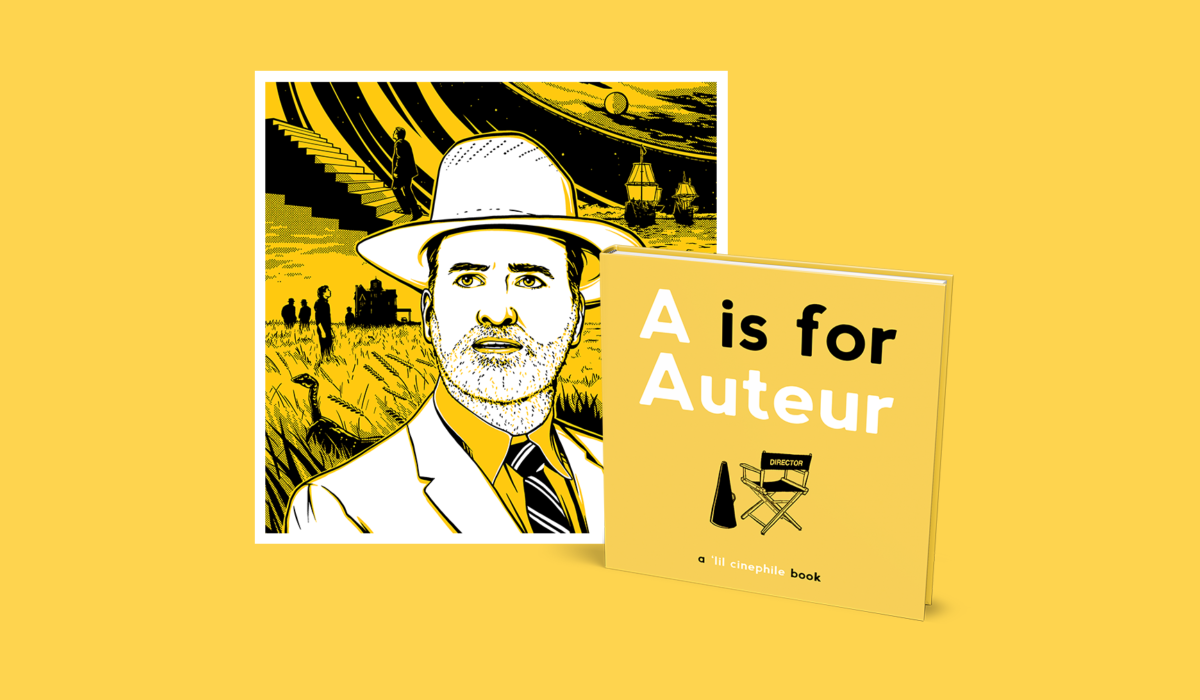
Cinephile: A Card Game, now with an LA Stories expansion pack, was a pandemic must-have for many folks—and is regularly enjoyed by the staff of The Film Stage and The Film Stage Show. The Cinephile team’s latest project, A is for Auteur, is a positively delightful picture book for young readers. And as a parent, I cannot tell you how welcome that is. With clever, simple, age-appropriate text by Cory Everett and lovely illustrations by Steve Isaacs, the book serves as a perfect introduction to cinema. Here is an example, from the “D is for De Palma” entry: De Palma is for “Femme fatales, phantoms, doubles and prom queens. Hitchcockian thrillers, diopter split-screens.” OK, the kids might need a diopter split-screen explanation, but that’s part of the fun. A is for Auteur can be a glorious gateway into an exciting world of cinema. That is incredibly cool—and extremely important. Note that the Cinephile site also includes apparel for lil’ cinephiles. I can’t tell you how many times I’ve had two child-sized “S is for Scorsese” shirts in my cart … – Chris S.
The Irishman: The Making of the Movie by Tom Shone (Assouline)
Martin Scorsese’s The Irishman may not have had the awards season impact many predicted, but it was still something of a cultural sensation. It was also one of the director’s late-period greats. If you enjoyed the film—and don’t mind spending $175—The Irishman: The Making of the Movie is well worth picking up. Full of insightful interviews and stories, author Tom Shone’s text also serves to highlight the film’s wondrous costumes and production design. It’s a beautiful and surprisingly intimate appreciation for a cinematic masterpiece. My favorite quote comes from producer Jane Rosenthal: “Bob felt that his next collaboration with Marty, whatever it was going to be, had to be very special, and it’s hard for anyone outside of the two of them to define what that ‘special’ is.” – Chris S.
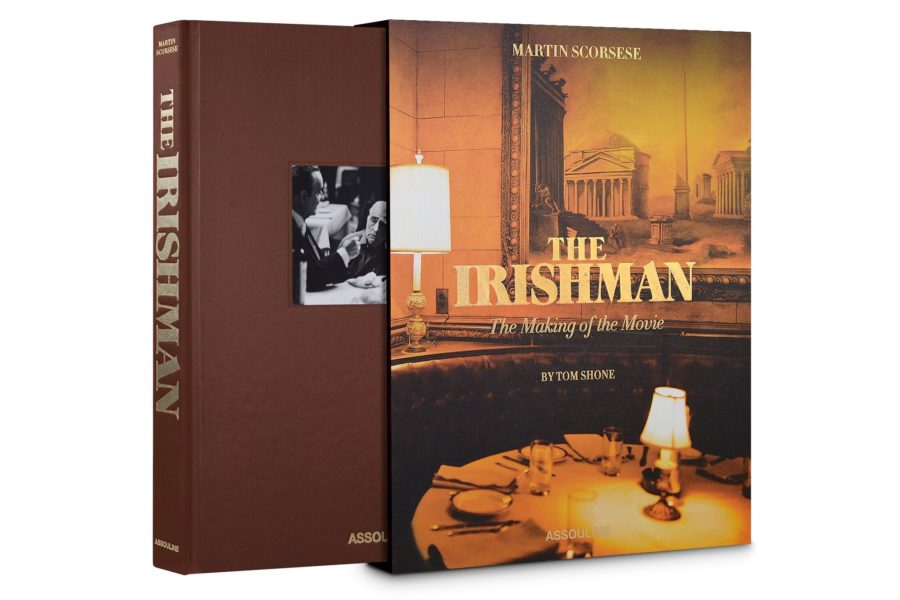
The Big Goodbye by Sam Wasson (Flatiron Books)
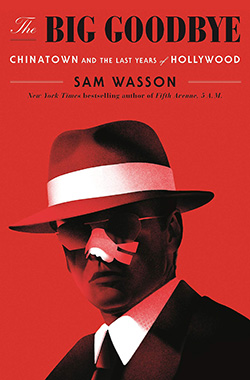
It’s been 45 years since Roman Polanski’s Chinatown opened in theaters, and time has not diminished its dark power. Sam Wasson’s The Big Goodbye, a stunning account of the film’s creation and aftermath, finds that this darkness was not limited to the screen. This, of course, is no surprise for anyone who has followed the haunted life of Polanski. But Wasson finds crucial new ground to cover, about both the director and his Chinatown collaborators–Jack Nicholson, the late Robert Evans, and, especially, writer Robert Towne. The Big Goodbye plays out like a tragedy, culminating in the stops and starts of doomed Chinatown sequel The Two Jakes. All told, Goodbye is an essential read, and likely to go down as one of 2020’s best books on film. – Chris S.
The Brothers Mankiewicz: Hope, Heartbreak, and Hollywood Classics by Sydney Ladensohn Stern (University Press of Mississippi)
The University Press of Mississippi continually publishes fascinating studies of Hollywood legends. One recent example, The Brothers Mankiewicz is a study of Herman J. and Joseph L. Mankiewicz, who, like DeMille, were complex, conflicted men. It should come as no surprise that the chapter on Herman’s work with Orson Welles on Citizen Kane is positively riveting. With the release of David Fincher’s Mank, the book has become even more noteworthy. It serves as a fine primer for those looking to learn more about Herman Mankiewicz before or after watching Mank. – Chris S.
Portraits of Resistance: The Cinema of Céline Sciamma edited by Alex Heeney and Orla Smith (Seventh Row)
How long does it take for the latest ebook from Seventh Row, Portraits of Resistance: The Cinema of Céline Sciamma to capture the reader? One sentence––the first sentence of the foreword, in fact: “Back in 2015, Céline Sciamma changed the way our Seventh Row team looks at filmmaking.” Co-editor Orla Smith explains the impact Sciamma’s Girlhood had on her and fellow editor Alex Heeney, and outlines how the French filmmaker’s career culminated with the finest film of 2019, Portrait of a Lady on Fire. Portraits of Resistance delves into Sciamma’s entire career, including Water Lilies, Tomboy, Girlhood, and, finally, Portrait. As with the team’s acclaimed and insightful ebooks on Mike Leigh’s Peterloo and Joanna Hogg’s The Souvenir, the writing is colorful, the interviews insightful, and the analysis deft and memorable. Consider this section, highlighting the bonfire sequence in Lady on Fire: “Fire has figured throughout the film, giving warmth to a room in the manor, and also making us aware of the room’s emptiness and loneliness. But only outside, in nature, among other women, do we truly feel its power to reveal and to hide––the women glow, but almost in secret, away from the world of men.” This is beautiful writing, and we can expect even more from the next Seventh Row ebook, Roads to Nowhere: Kelly Reichardt’s Broken American Dreams. Visit sciammabook.com to buy Portraits of Resistance. – Chris S.
Parasite: A Graphic Novel in Storyboards by Bong Joon Ho (Grand Central Publishing)
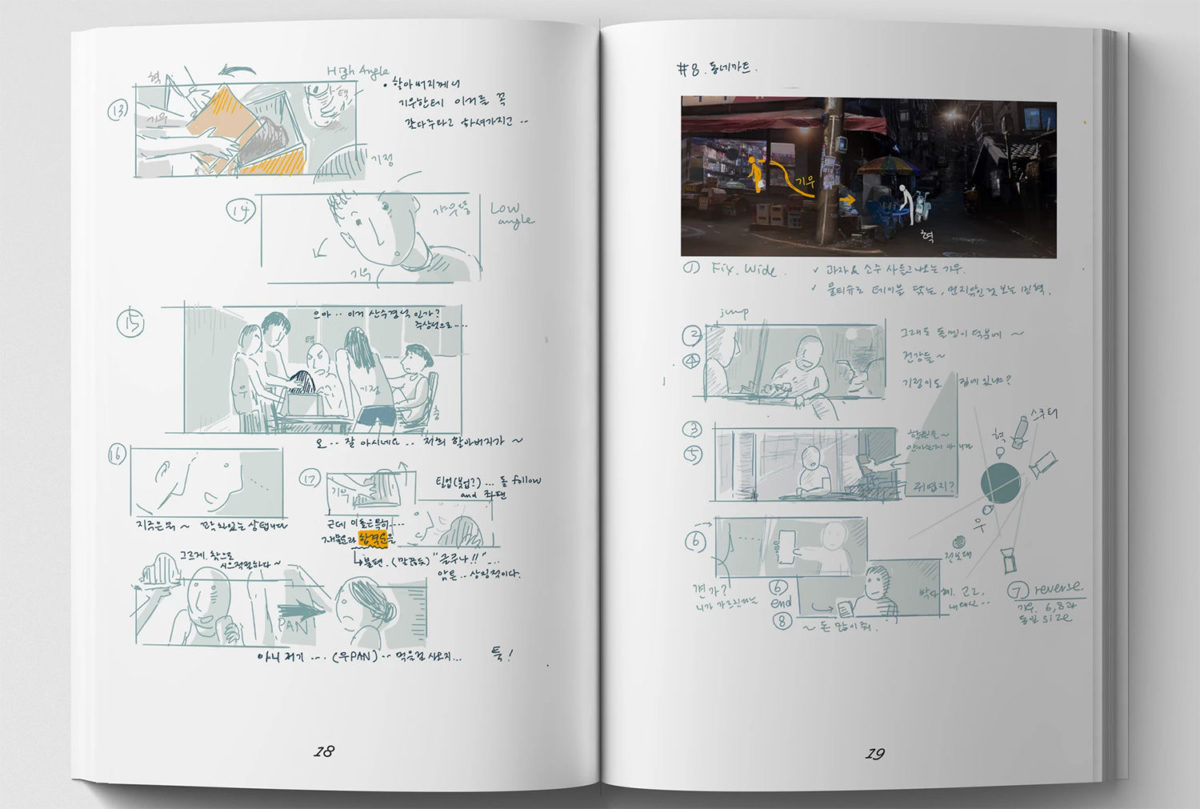
Here’s a legit shocker: Parasite took home the Oscar on February 9, 2020––a mere nine months ago. It seems like nine years, at least. Since then, while the world has been gripped by the COVID-19 pandemic, Parasite arrived on Hulu for home viewing and Parasite: A Graphic Novel in Storyboards has arrived for purchase. (The film is also a recent Criterion Blu-ray release.) The book combines the script with Bong Joon Ho’s scene-by-scene storyboards for an experience that makes the film itself even more impressive. As the writer-director explains in his foreword, “Whenever I go to set without storyboards, I feel like I’m standing in the middle of Grand Central Terminal wearing only my underwear.” Paging through the book, it’s easy to see why. Breaking down his story of two families and a web of lies in this manner offers a glimpse into how he intricately planned his masterpiece––and why it impacted audiences so dramatically. – Chris S.
She Found it at the Movies: Women Writers on Sex, Desire and Cinema edited by Christina Newland (Red Press Ltd.)
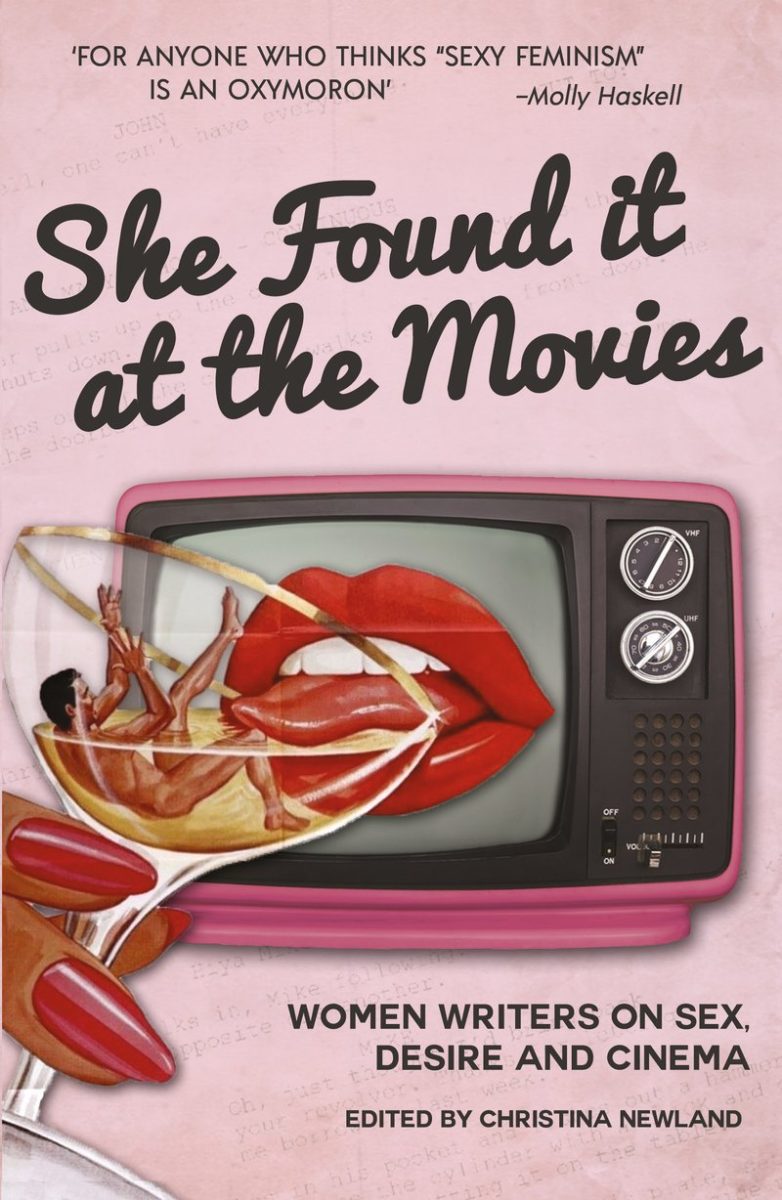
Christina Newland is one of the most insightful and consistently compelling voices on Twitter, and She Found it at the Movies feels like the book she was born to compile. This compendium of women writers exploring cinematic sex, fantasy, and desire is an absolute pleasure. There are some heavy-hitters here––Jessica Kiang, Sheila O’Malley, Pamela Hutchinson––and a gloriously vast collection of topics. “Put simply, women’s desires and sexual needs are marginalized in movies because they are in real life,” Newland writes in her intro. “Yet cinema offers us the chance to bring women’s roles as sexual beings, moviegoers and creators of cinema into sharper focus.” With chapters on everything from the appeal of Oliver Reed and Timothée Chalamet to High School Musical and Meg Ryan, She Found it at the Movies is an important and incisive text. – Chris S.
Made Men: The Story of Goodfellas by Glenn Kenny (Hanover Square Press)
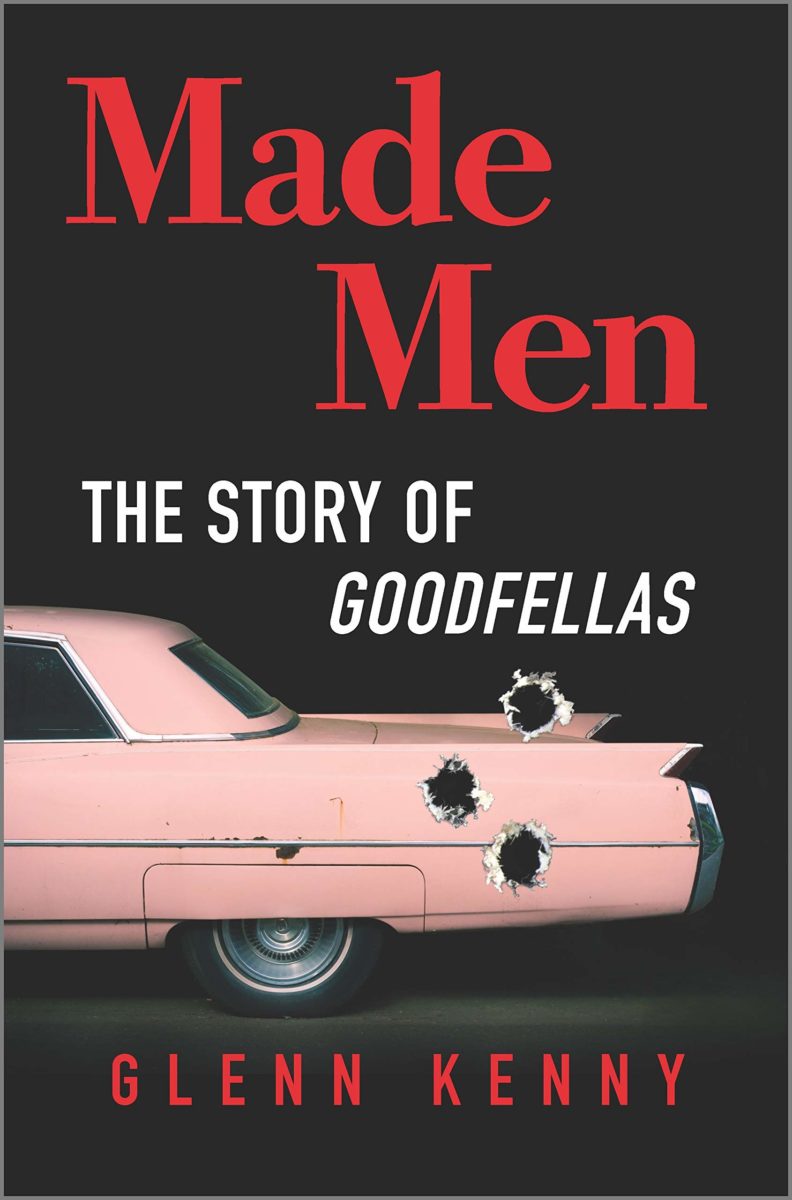
Martin Scorsese has earned his share of explorative texts, but most look at his entire career arc. So, it is safe to say there has never been a single-film study of Scorsese as enlightening, as sharp, and as utterly entertaining as Glenn Kenny’s Made Men: The Story of Goodfellas. Yes, Kenny does trace the career of our greatest living filmmaker from Who’s That Knocking at My Door? all the way to the upcoming Killers of the Flower Moon. But the focus here is the mighty Goodfellas, the iconic story of Henry Hill’s rise and ignominious fall. Kenny traces its genesis, starting with Nicholas Pileggi all the way to the (complicated) first connection with Scorsese, to its eventual production, release, and legacy. The stories are predictably enjoyable, not to mention the identification of random actors––some of them real former gangsters. However, the most memorable element of Made Men is its scene by scene breakdown of the film. Consider the moments following the death of Tommy, as Robert De Niro’s Jimmy Conway breaks down in tears: “As Jimmy weeps Henry can only shake his head. They’re gonna show those motherf–––– now, all right. This was supposed to have been a new beginning. Instead, as Scorsese observed … the killing of Tommy ‘puts them all in their place, and it’s the beginning of the real end.’” It is this type of writing that makes the book a true must-read. For more, read our interview with Kenny Paul Thomas Anderson: Masterworks by Adam Nayman (Abrams)
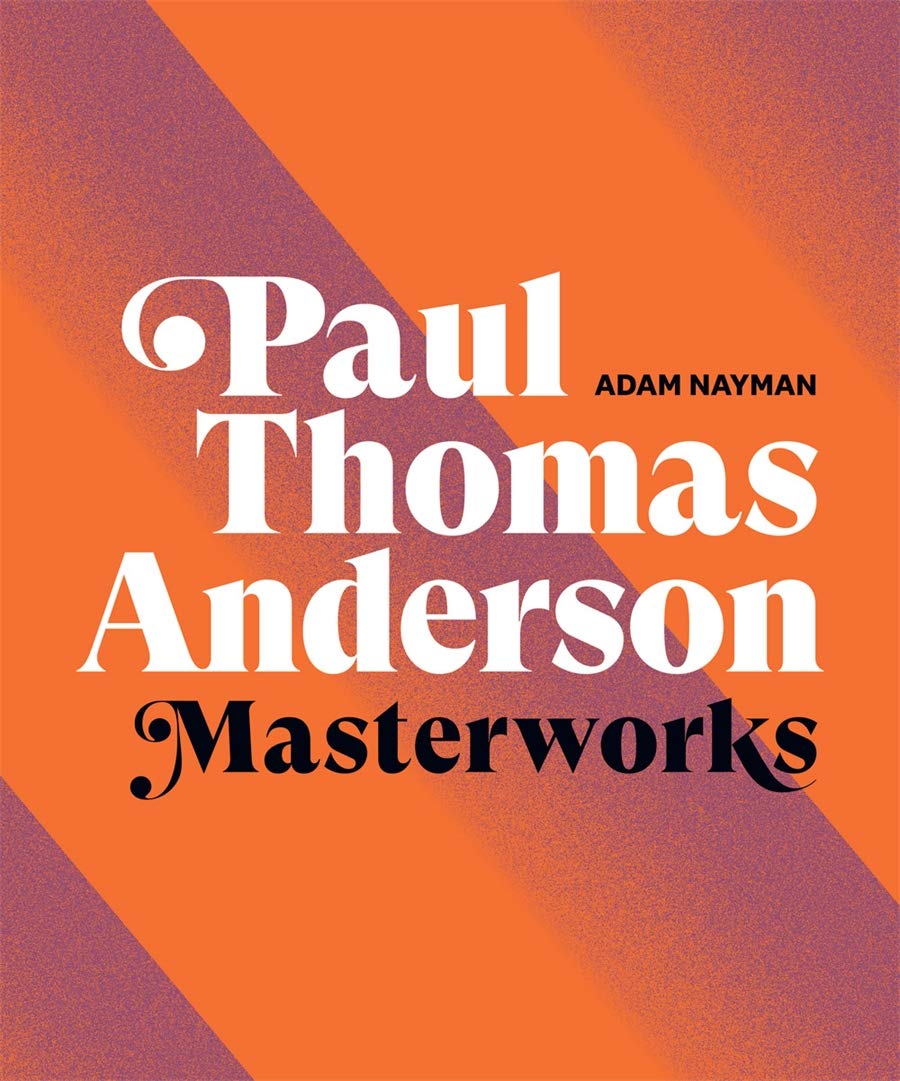
Few film writers balance deep insight and cogent prose as effortlessly as Torontonian Adam Nayman. The latest from the author of Showgirls: It Doesn’t Suck and The Coen Brothers: This Book Really Ties the Films Together is his best yet—a gorgeous, photo-packed study of the films of Paul Thomas Anderson. Masterworks is one of the most noteworthy cinema-themed books of 2020 and, without question, the deep dive Anderson and his films deserve. Opening with There Will Be Blood and moving through all of PTA’s features and music-video work, Masterworks grapples with Anderson’s influences (Short Cuts, Giant), explores the influence of his father and youth in the San Fernando Valley, and ponders the connections between each film. For example, Nayman deftly links Phantom Thread with Punch-Drunk Love. Most welcome is the time spent on each entry; Hard Eight and Inherent Vice receive the same level of coverage as Boogie Nights and The Master. Also included are interviews with the likes of Jack Fisk and Jonny Greenwood. This is an important addition to the canon of cinema texts, and as a PTA primer, it is unlikely to be equaled anytime soon. (See Nick Newman’s recent interview with Nayman here.)
Roads to Nowhere: Kelly Reichardt’s Broken American Dreams by Alex Heeney and Orla Smith (Seventh Row)
Once again, the Seventh Row team of Alex Heeney and Orla Smith have collaborated on a book that is breathtaking in its insight. Roads to Nowhere: Kelly Reichardt’s Broken American Dreams follows the release of what might be the director’s finest work to date, First Cow. While there is plenty here about the early 1800s-set Cow, Reichardt’s entire career is represented. As the authors put it, the essays and interviews in Broken American Dreams “illuminate a filmography of intimate, personal stories about huge concepts and social structures.” Reichardt deserves this sterling tribute, and readers will gain even greater appreciation for her work. For more, listen to our discussions with Orla Smith on Certain Women and with Alex Heeney on First Cow. – Chris S.
The Nolan Variations: The Movies, Mysteries, and Marvels of Christopher Nolan by Tom Shone (Knopf)
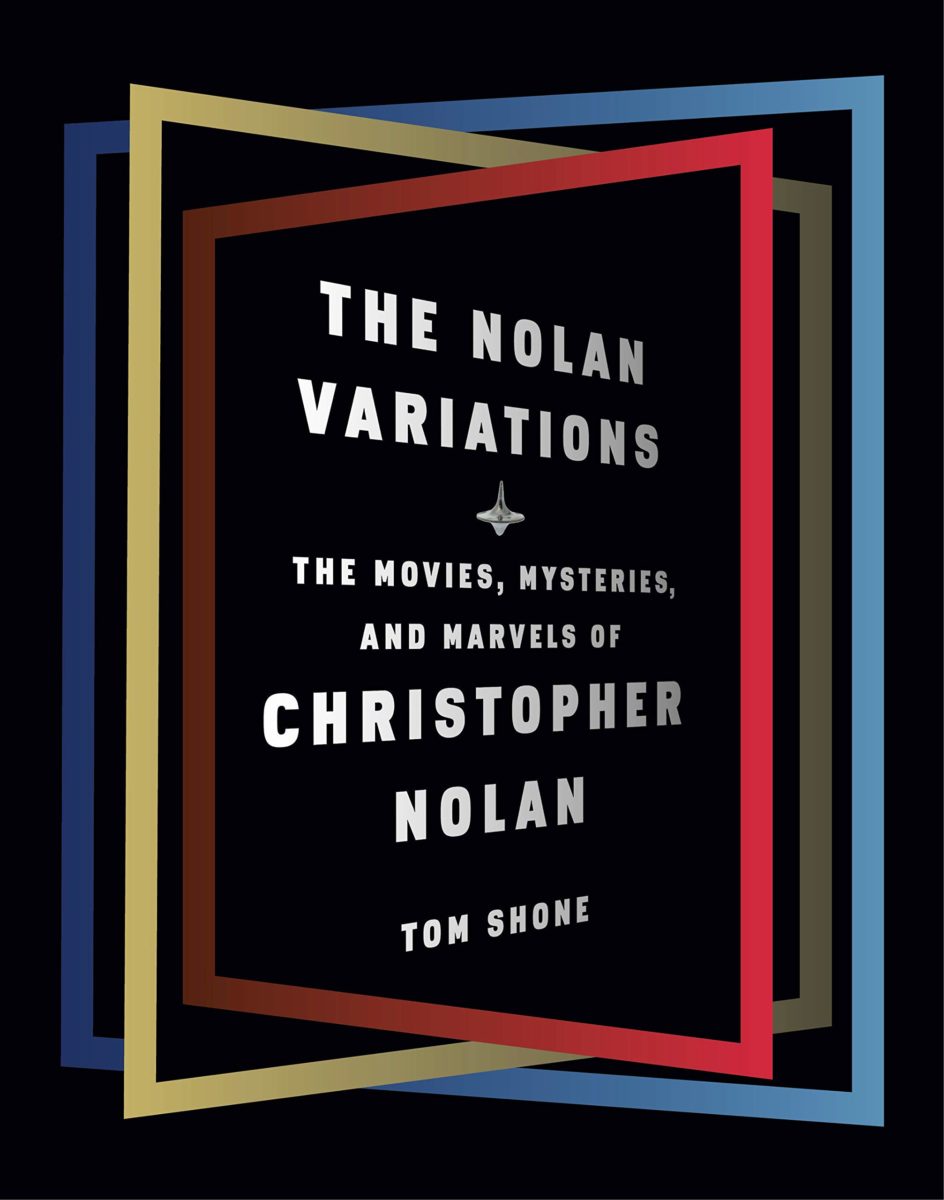
Whatever one’s opinion of Tenet––and whether or not you’ve even had an opportunity to see it in your town––there is no denying the cultural impact of Christopher Nolan. He has more than earned a weighty investigation like Tom Shone’s Nolan Variations. It is long—nearly 400 pages—and packed with tidbits about the director and his films. An example comes early in the book, as Shone recounts his first chat with Nolan at Canter’s Deli in 2001: “As he picked up his menu, I couldn’t help but notice that he leafed through it backwards. He was left-handed, he said, and always leafed through magazines and such from back to front.” (Insert a thinking emoji here.) The presence of new insights from Nolan himself makes the book especially noteworthy. Variations is so current that it touches on Tenet, and calls special attention to a line spoken by Clémence Poésy early in the film: “Don’t try to understand it … Feel it.” Shone describes this as “one of Nolan’s customary invitations for audiences not to overthink the film but to give themselves over to it as it passes through them.” These are wise words, and The Nolan Variations is a very wise book. – Chris S.
Support Your Local Theater

As the future of theatrical distribution continues to be threatened, local arthouse theaters need your support more than ever. While many must wait to safely open their doors, they’ve offered Virtual Cinema selections which go to benefit the theater, along with memberships and gift certificates. In full disclosure, I’ll offer up some highlights from my place of work, Film at Lincoln Center, where one can pick up discount passes available nationwide to experience new Wong Kar Wai restorations or watch all of New Directors/New Films and support the future of theatrical exhibition. Be sure to check out your local arthouse theater to see what they offer this season.
Streaming Service Subscription
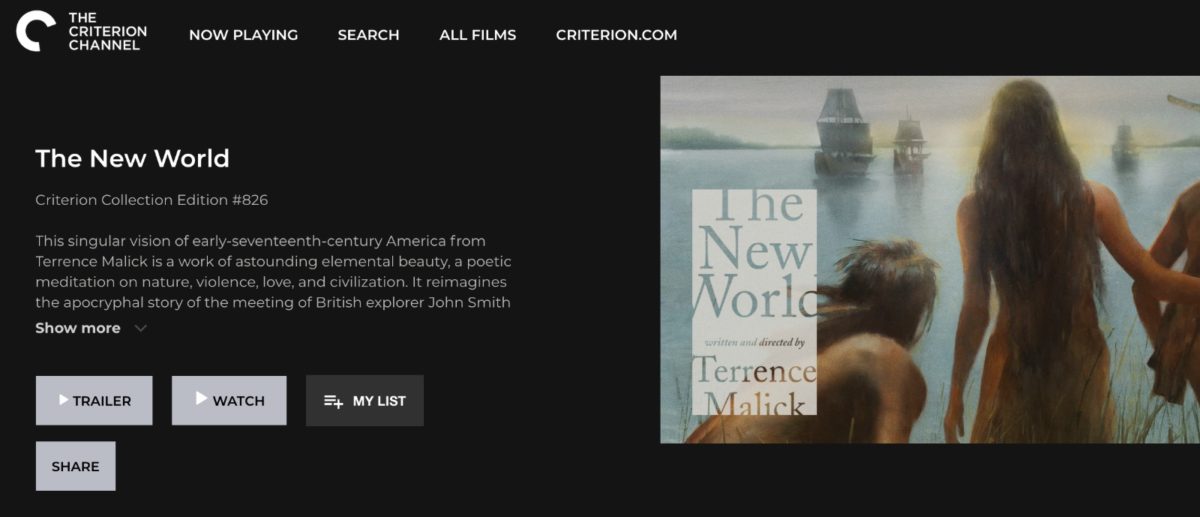
After you’ve helped out your local theater, there are, in fact, a select few streaming services out there who care a great deal about preserving the art form of cinema. One can’t beat the variety and quality found at The Criterion Channel, while MUBI continually champions bold filmmaking voices, both old and new. For those looking for more worthwhile gems from across the world, OVID.tv continually presents an eclectic lineup. With these three services, one can not only cut all the cable cords, but also unsubscribe from the plethora of offerings that are more about quantity than quality.
Film Magazines
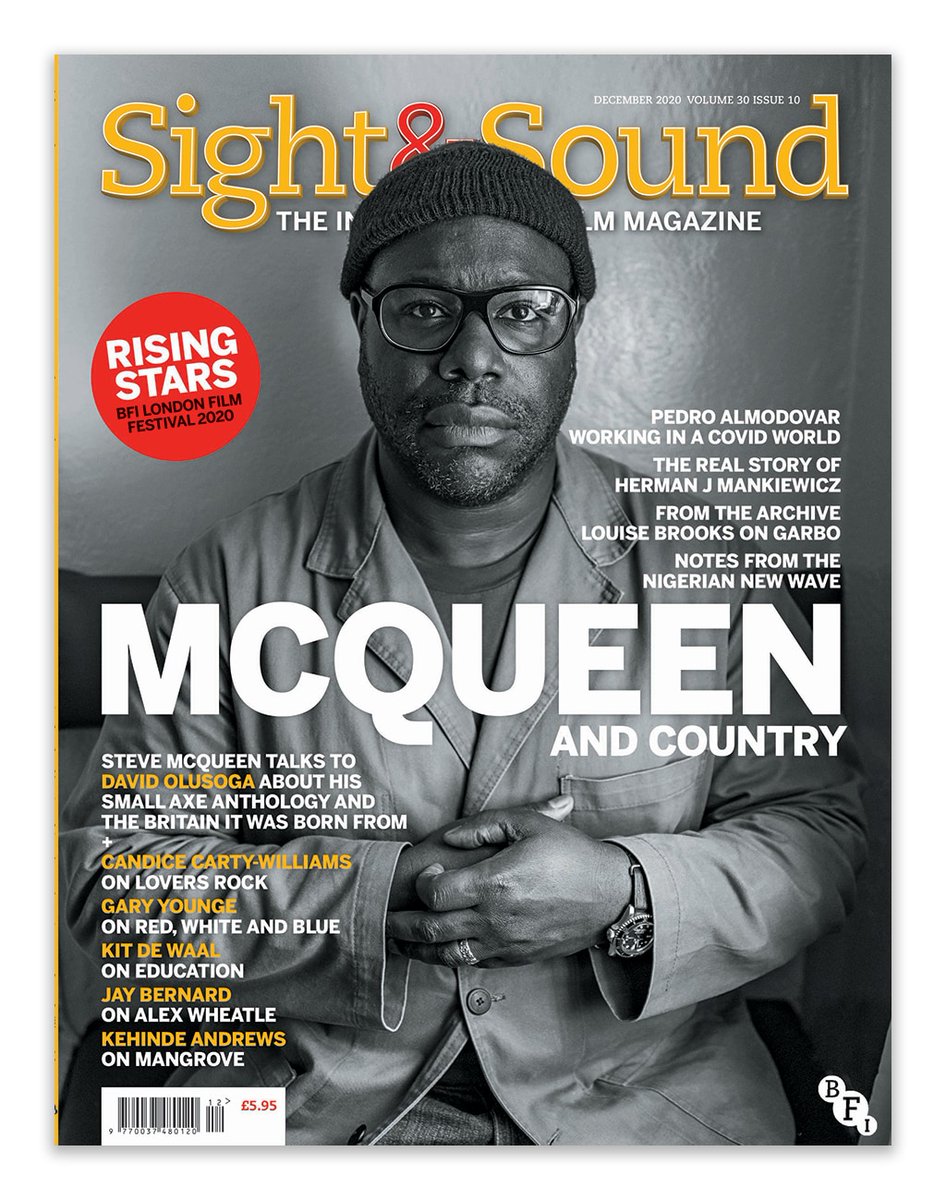
The sudden shift in the film industry had reverberations across all sectors, including those publishing insightful criticism and insight. This holiday, we recommend supporting such outlets offering up some of the finest analysis and consideration, including Filmmaker Magazine, Cinema Scope, Sight & Sound, Little White Lies, ASC, and, in online form only but no less essential, Bright Wall/Dark Room.
Our Favorite Blu-rays of 2020
After listing our favorite Blu-ray box sets above, check out a list of the best individual releases throughout the year below, plus 4K highlights.
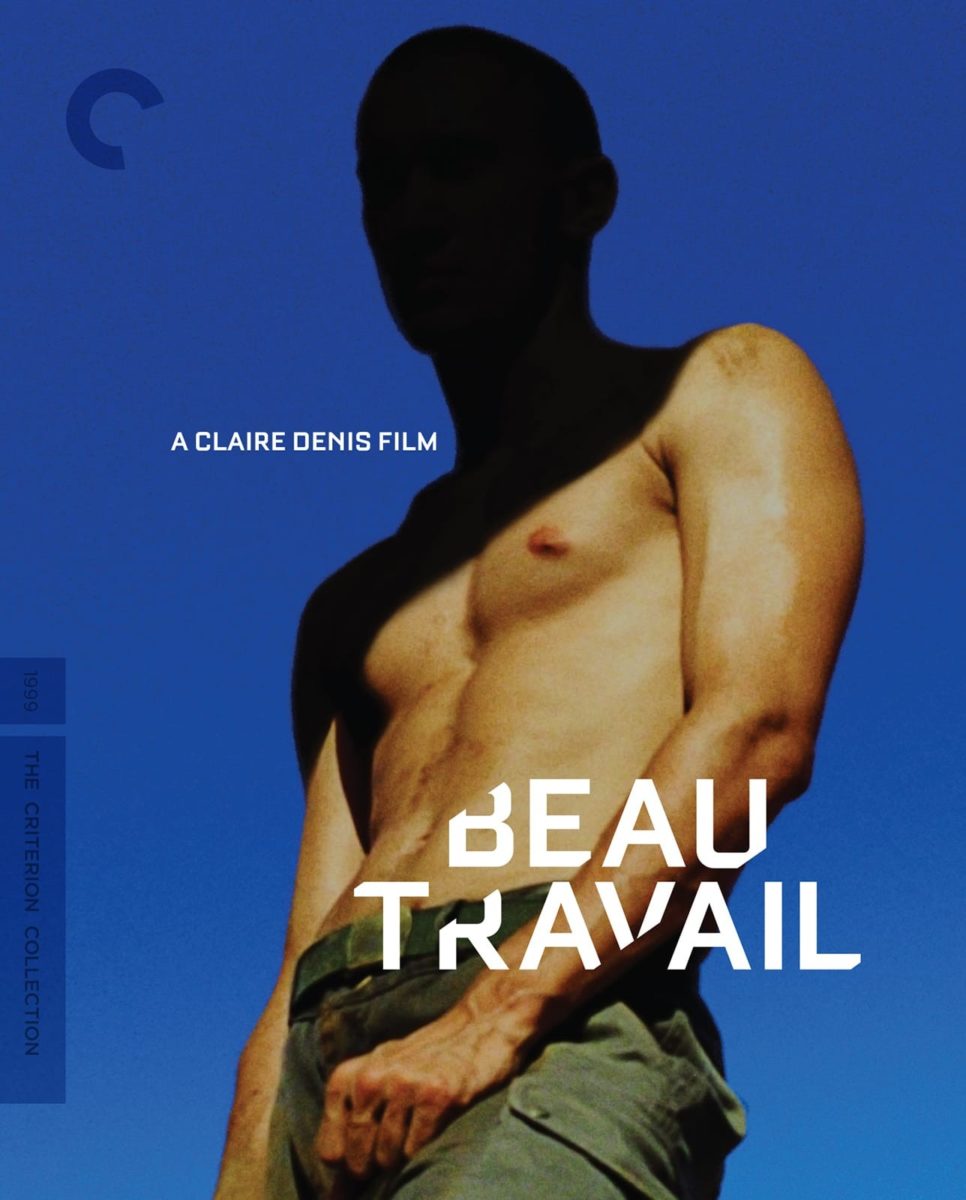
Army of Shadows
Asako I & II
Bacurau
Beau Travail
Brick
Canyon Passage
Caro Diario
Claudine
The Cranes Are Flying
Crash
The Cremator
The Comfort of Strangers
Destry Rides Again
Dodsworth
The Elephant Man
First Cow
Gerry
The Godfather, Coda: The Death of Michael Corleone
The Grand Budapest Hotel
Grass
The Gunfighter
A Hidden Life
The Hit
Hyenas
The Irishman
I Was at Home, But…
L’Innocente
The Lady Eve
Leave Her to Heaven
Light from Light
Little Women
Lorenzo’s Oil
Love Me Tonight
The Lost Weekend
Mädchen in Uniform
Midsommar: Director’s Cut
Me and You and Everyone We Know
Mephisto
Moonstruck
Mouchette
Parasite
Paris Is Burning
Portrait of a Lady on Fire
Salesman
Spring Night Summer Night
Still Life
Symbiopsychotaxiplasm: Two Takes by William Greaves
Taste of Cherry
Teorama
Tokyo Olympiad
Tommaso
Toni
Ulzana’s Raid
An Unmarried Woman
Uncut Gems
Valhalla Rising
Vitalina Varela
The Wild Goose Lake
4K
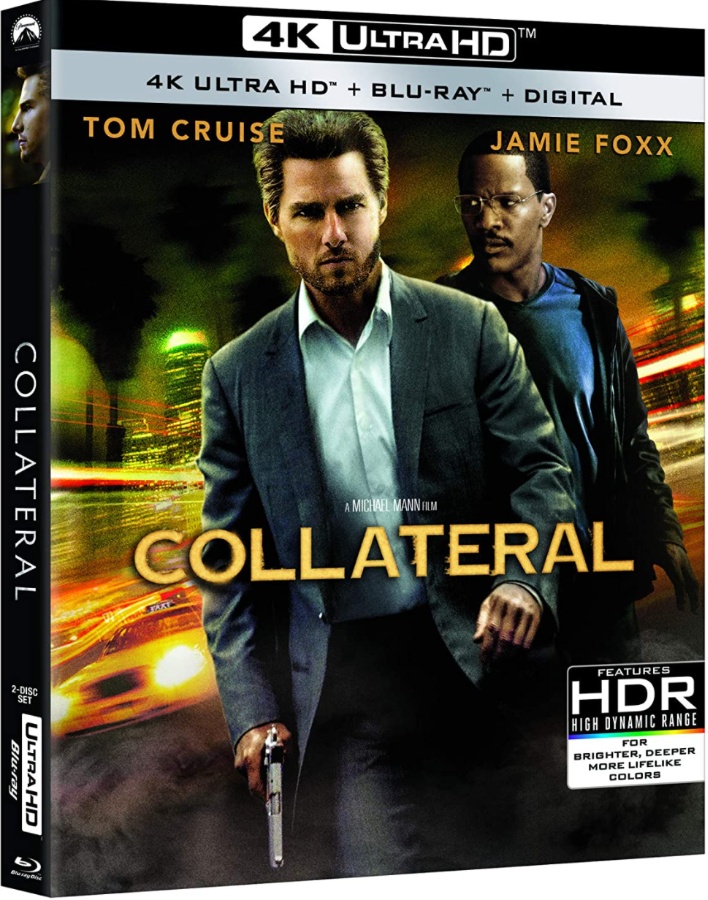
Collateral
Goodfellas
Hitchcock Classics Collection
Kubrick 3-Film Collection
Lord of the Rings
Jaws
Mad Max
Shutter Island
Eyes Wide Shut LP on Vinyl
As a final recommendation, this one isn’t being released until next month, but the soundtrack for our favorite Christmas movie is getting a vinyl release. As in Kubrick fashion, Eyes Wide Shut features existing tracks and classical pieces, along with four original pieces by Jocelyn Pook, and the two-LP set is now available for pre-order.
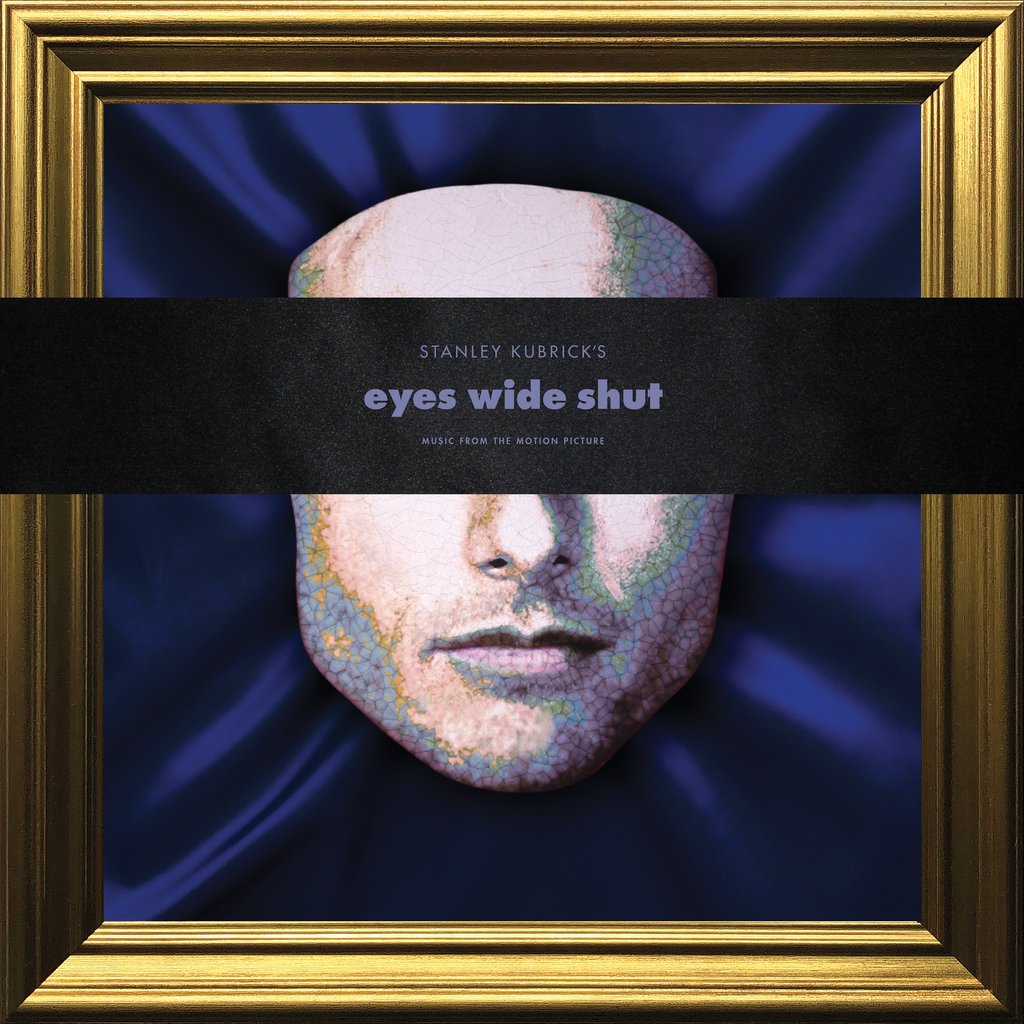
Happy Holidays!
